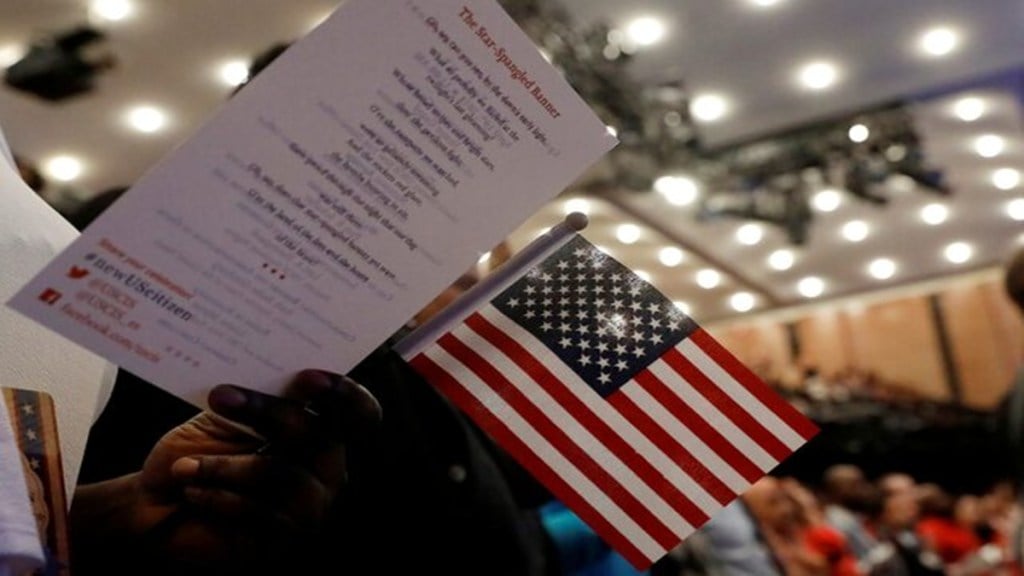The United States is toughening its immigration regulations by not only revoking student visas in droves but also rejecting non-immigrant visa applications. The US student visa revocations continue, despite the fact that the termination of students’ SEVIS records has been temporarily halted.
In the latest development, ICE has issued a memo to all Student and Exchange Visitor Program (SEVIP) officials with the criteria to revoke and suspend SEVIS records.
Also Read: US introduces new rules for visa revocation and termination of legal status to stay in America
Now, the heat is on the non-immigrant visas applied by foreigners to visit America as a tourist or for business purposes. Several cases of rejections have come to light where parents have been denied B1/B2 visas merely because their son shifted to another US university.
In another case, parents who wanted to attend their family member’s housewarming party in New York were denied B1/B2 visa. Even in the second attempt, visas have been denied for many applicants.
Any foreign national looking to travel to the United States must get a visa, either a nonimmigrant visa for a brief stay or an immigrant visa for permanent residency. Nonimmigrant visitor visas are available to those who want to enter the country temporarily for tourism (B-2 visa), business (B-1 visa), or a combination of both (B-1/B-2).
A consular officer will interview you to determine whether you are qualified to receive a visitor visa. You must establish that you meet the requirements under U.S. law to receive a visa. After your visa interview, the consular officer may determine that your application requires further administrative processing. The consular officer will inform you if this is required.
US Visa rejection at the interview stage is a common thing to happen with many foreigners travelling to America. The most essential thing the interviewer wants to see is the intent of the applicant to return to their home country. If there are clear answers to the questions asked by the interviewer that establish that the applicant is not looking to settle abroad, the chances increase.
The chance of visa approval increases if the candidate provides unambiguous responses to the interviewer’s queries that demonstrate that they have no intention of relocating overseas and have strong links in the home country.
Interviewing officers rely on the applicant’s answers to evaluate visa eligibility, and they ask for supporting documents such as travel arrangements or financial records to confirm statements made during the interview.
As each person’s situation is different, there is no single reason that explains all refusals. The most common reason for being refused is that the officer decided, based on your interview, that your social, family, economic, or other ties to India are not strong enough to overcome the presumption of immigrant intent and qualify for a visa.
‘Ties’ are the various aspects of life that bind you to your home country, such as family relationships, employment commitments, possession,s and other factors.
Essentially, Section 214(b) of the United States Immigration and Nationality Act requires that Consular Officers must assume that every visa applicant intends to leave his or her home country and immigrate to the United States. The applicant must convey during the interview that this presumption of immigrant intent is not true. The Consular Officer must be convinced that the applicant:
- Has a home outside the United States that they will not abandon;
- Is visiting the United States temporarily and will leave when the stated purpose of travel is complete;
- Is able to pay for the trip; and
- Meets the requirements of the visa type for which they are applying, and the planned activities in the U.S. are allowed by that category.
